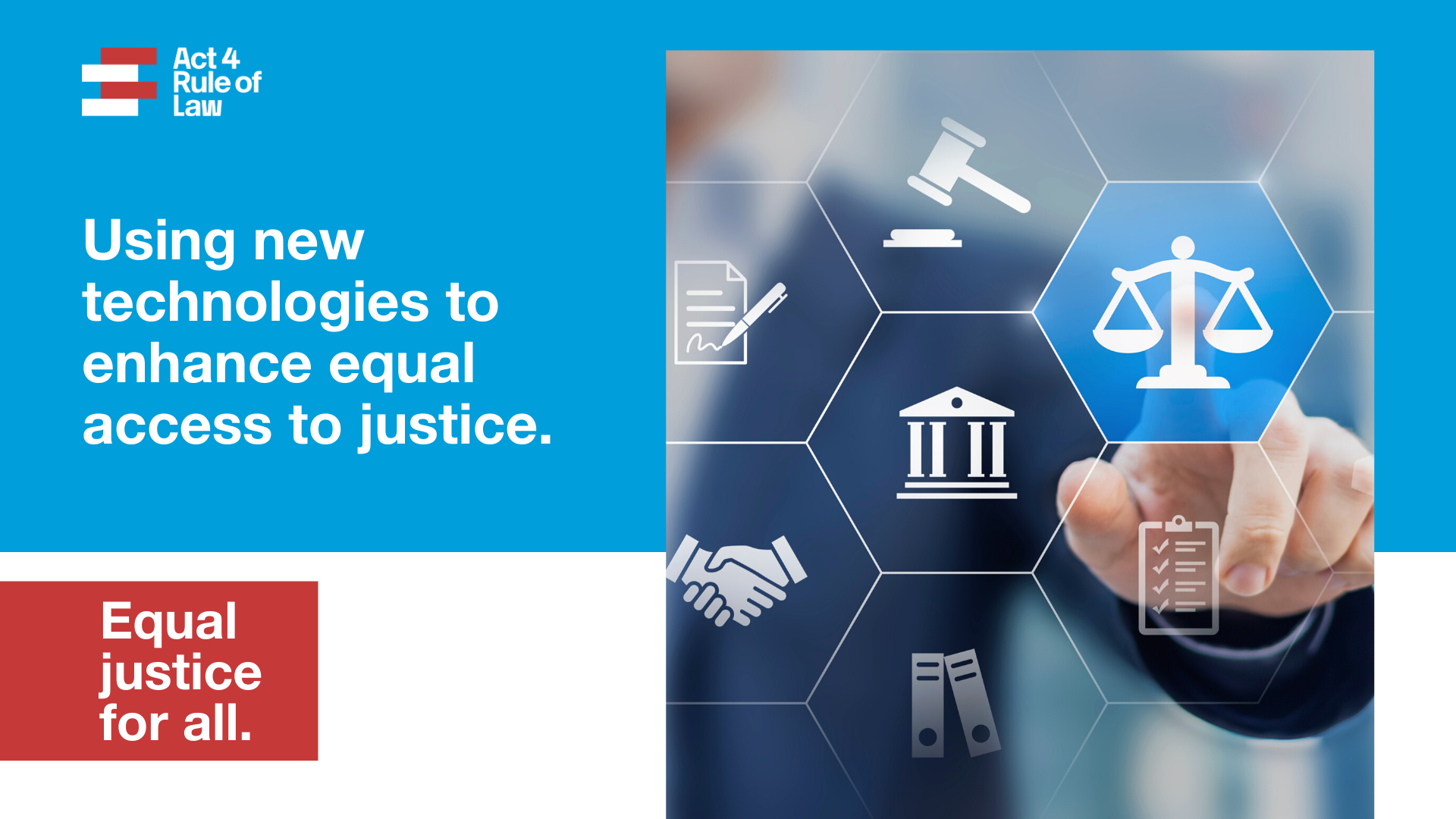
insights
Development and the rule of law
The 21st century has brought important recognition that the world’s development must go hand-in-hand with the protection of the planet and its resources as well as the human rights of all – in other words, that development must be sustainable.

Global efforts on this front culminated in the adoption by the UN of the Sustainable Development Goals (SDGs) in 2015, as part of the 2030 Agenda for Sustainable Development, setting out a 15-year plan to achieve the Goals. The 17 SDGs call for action by all countries to transform our world in a way that promotes economic growth, while at the same time addressing a range of social needs, such as health, education and social protection, as well as environmental protection and climate change.
Implicit in the SDGs is the recognition that no form of development – whether social, economic or environmental – can be achieved without the guiding principle of the rule of law.
The rule of law is a necessary prerequisite to translate commitments, such as the SDGs as well as other global, regional or national development goals into reality. It ensures that governance is not arbitrary, opaque, unpredictable or weak. Rather, it calls for transparency, accountability, effectiveness and inclusiveness in all public processes and efforts, as well as effective regulation in the private sector. Additionally, it ensures respect for rights and freedoms, and guarantees that no actions in society are taken at the expense of the human rights of the people that live in it, and that justice is available to all.
That is why SDG 16 (on Peace, Justice and Strong Institutions) is of particular importance. It calls for the promotion of peaceful and inclusive societies for sustainable development, the provision of access to justice for all and for the building of effective, accountable and inclusive institutions at all levels. In this sense, SDG 16 is an enabler for all other SDGs.
In the area of environmental protection, for example, the rule of law is a necessary starting point for any positive change. It is important to have in place robust laws, regulations, and strategies that comprehensively address the various issues at stake. But even a solid environmental legal framework is not enough if it is not fully implemented and if rights and obligations are not enforced. And strong institutional capacity is equally necessary, as are effective coordination among relevant agencies, good access to information, engagement of civil society, good public trust and zero corruption. In other words, what is needed is the rule of law.
Strong, inclusive and accountable State institutions, as envisaged in SDG 16, are essential to the building of public trust and the promotion of the rule of law.
But, corruption taints many of them and continues to be a global challenge with devastating consequences for sustainable development. Resources that are urgently needed to address vital global public goods are lost to private gain. The United Nations Convention against Corruption, one of the most widely ratified UN Conventions, calls on all States to implement its comprehensive framework to effectively fight corruption.
In sum, the rule of law is a direct avenue toward sustainable development and the achievement of the SDGs, and a bedrock of progress, justice and a better functioning society.



